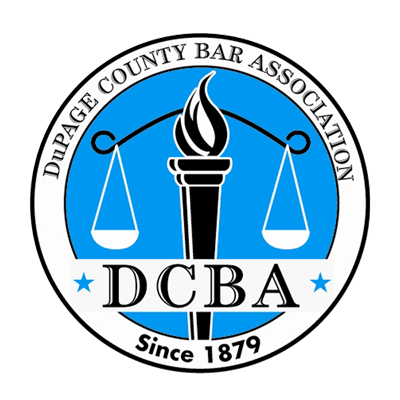
According to the 2018 National Survey on Drug Use and Health, 20.5 million drivers over the age of 16 drove under the influence of alcohol, and 12.6 million drove under the influence of illicit drugs. In 2016, 19.7% of drivers who drove under the influence tested positive for opioids. The highest percentage of drivers who are driving impaired are ages 21-25. After alcohol, marijuana, or THC, is the most common drug involved in crashes.
Drivers under the influence of prescription drugs, or driving while drugged, make Illinois roads less safe. But what do you if an impaired driver hits you? In this blog post, we’ll discuss Illinois laws about driving while drugged, how medications affect drivers, as well as what you should do if a drugged driver hits you.
Illinois Law Prohibits Impaired Driving
Under Illinois law, a person should not drive or be in physical control of a vehicle while under the influence of any:
- – Alcohol;
- – Intoxicating compound;
- – Drugs, including marijuana and methamphetamine;
- – Marijuana (cannabis) or other medications legally prescribed by a physician; or
- – Any combination of drugs, intoxicating compounds, or alcohol to the degree that it renders a person incapable of driving safely.
See 625 ILCS 5/11-501 (2019). An intoxicating compound includes anything listed in the Illinois Controlled Substances Act. See 720 ILCS 570/100 (2012). Driving under the influence also includes any situation where a driver’s blood, urine, or breath contains any amount of a drug, substance, or compound resulting from the unlawful use of a controlled substance.
How Prescription Medications Affect Drivers
Prescription medications affect different drivers in different ways, but many have universally known side effects that impair a user’s ability to drive.
- – Medical marijuana: THC affects drivers’ psychomotor control and impairs cognitive functions crucial to driving, including reaction time, vision, distance and time perception, lane tracking, coordination, and balance.
- – Prescription opioids: Opioids can cause drowsiness and impair cognitive function, reaction times, coordination, and balance.
- – CNS depressants: Central nervous system depressants like tranquilizers, sedatives, and hypnotics can cause drowsiness and impair cognitive function.
- – Stimulants: Prescription stimulants like those used to treat Attention-deficit Hyperactivity Disorder (ADHD) can cause an inability to focus or pay attention and have detrimental effects on perception and cognitive-motor functions.
- – Anti-depressants: New research indicates that people taking prescription anti-depressants can have impaired attention and reaction times.
What Happens if an Impaired Driver Hits Me?
If a driver that you suspect is impaired hits you, you should take some immediate steps:
- – First, assess your injuries. Determine if you need to call an ambulance for you, your passengers, or other drivers.
- – Second, call the police. Calling law enforcement is especially important if you suspect the other driver is impaired.
- – Collect Information: Be sure to immediately record the description and license plate number of the impaired driver. Get the names and contact information for any witnesses if you can. Also, record any information relevant to the crash, like the road and weather conditions. If possible, take photos of the scene.
- – Call your insurance company: Share the information you gave to the police and send them a copy of your accident report when you have it.
- – Contact an experienced personal injury attorney.
Whatever you do, do not leave the scene of the accident before the police arrive. Under Illinois law, there are penalties for leaving the scene of an accident if someone is injured or dead or if property damage exceeds $1,500. There are severe penalties for driving under the influence in Illinois. You will need to share your suspicions and what you observed before, during, and after the crash with law enforcement.
Victims’ Rights
In Illinois, as a victim of an impaired driver, you have the right to:
- – Be treated with fairness, respect, dignity, and privacy and free from harassment, intimidation, and abuse through the criminal justice process;
- – A notice and to a hearing before any court ruling giving access to their privileged and confidential records, information, or communication;
- – Be notified of all court proceedings;
- – Communicate with prosecutors;
- – Be heard at any post-arraignment court proceeding regarding the release, pleas, or sentencing;
- – Be notified of the conviction, sentence, imprisonment, and release of the accused;
- – Be reasonably protected from the accused through the criminal justice process;
- – Be present at the trial and all court proceedings unless prosecutors schedule you to testify and the court determines that being present would materially affect your testimony;
- – Have an advocate and a support person at all court proceedings, subject to the rules of evidence; and
- – Restitution
If you’ve been in a crash with an impaired driver, you may be able to recover damages from the driver for property damage but also any medical expenses, lost wages, lost earning capacity, and pain and suffering. If a drugged driver has injured you or someone you love, give us a call at 630-898-7800 or contact us online. Cullotta Bravo Law has more than 30 years of experience helping people injured in Illinois.





